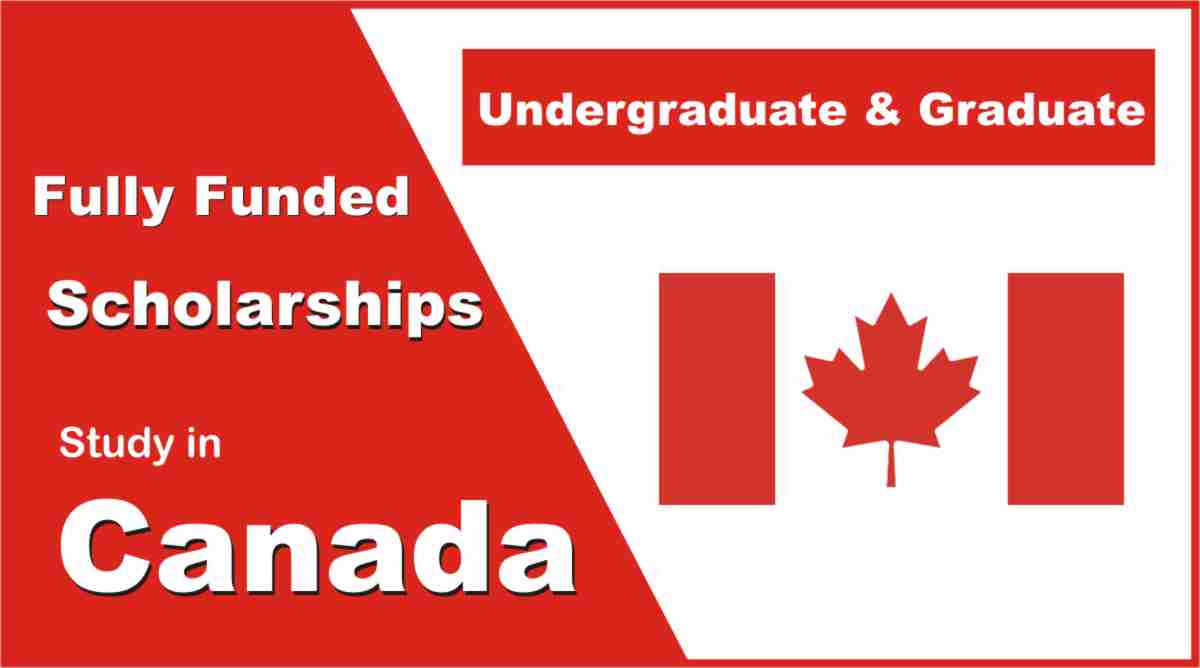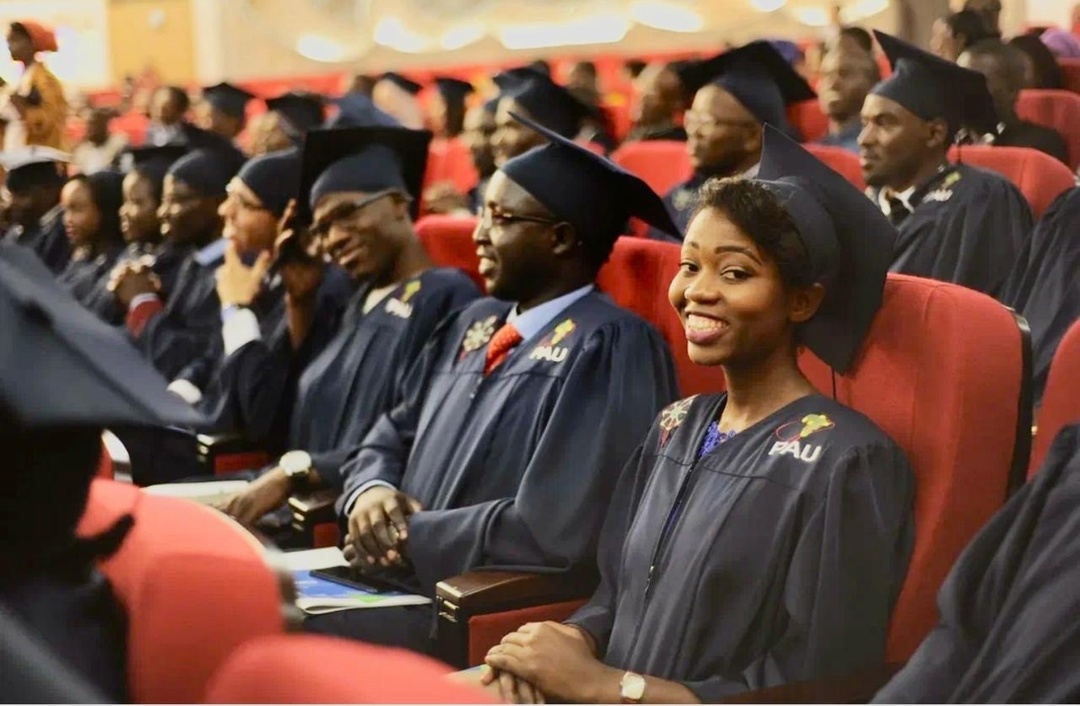In 2025, fully funded internships abroad offer students and young professionals a transformative opportunity to gain international work experience, develop skills, and immerse themselves in new cultures—all without financial barriers. These programs, often sponsored by governments, universities, NGOs, or corporations, cover expenses like travel, accommodation, stipends, and insurance, making global exposure accessible. From research internships in Germany to development projects in Africa, these opportunities span fields like STEM, business, public health, and the arts, catering to diverse aspirations.
This comprehensive guide explores fully funded internships abroad in 2025, providing a clear roadmap for finding and securing these life-changing experiences. it’s designed to empower applicants from varied backgrounds—whether you’re a student from India or a recent graduate from Nigeria. Drawing from program websites, expat insights, and application trends, I’ll ensure you’re equipped to seize these global opportunities.
What Are Fully Funded Internships Abroad?
Fully funded internships abroad are structured programs where all major costs—flights, accommodation, living stipends, visa fees, and sometimes insurance—are covered by the sponsoring organization. These internships, typically lasting 2–12 months, provide hands-on experience in professional or research settings while fostering cultural exchange. Key features include:
-
Duration: Ranges from summer programs (6–12 weeks) to year-long placements.
-
Funding: Covers travel, housing, meals/stipends, and often visas or insurance.
-
Fields: STEM, business, international development, arts, public policy, and more.
-
Eligibility: Varies but often targets students, recent graduates, or young professionals (18–35 years).
In 2025, these programs are increasingly vital as employers value global competence, and countries like Germany, Japan, and Switzerland seek international talent to address skill gaps.
Why Pursue Fully Funded Internships Abroad in 2025?
With global industries prioritizing innovation and diversity, fully funded internships offer:
-
Professional Growth: Gain skills in fields like AI, renewable energy, or global health.
-
Cultural Immersion: Live abroad, learn languages, and build cross-cultural networks.
-
Career Advantage: International experience boosts resumes, with 80% of employers favoring globally exposed candidates (QS Global Employer Survey, 2024).
-
No Financial Burden: Full funding removes barriers, especially for students from developing countries.
However, securing these competitive programs requires strategic planning and a strong application.
Eligibility Criteria for Fully Funded Internships
Eligibility varies by program, but common requirements include:
-
Age: Typically 18–35, though some programs (e.g., CERN) have no upper limit.
-
Education: Enrolled students (undergraduate/graduate) or recent graduates (within 1–2 years).
-
Academic Performance: Minimum GPA of 3.0/4.0 or equivalent, though some prioritize skills over grades.
-
Language Skills: English proficiency (TOEFL/IELTS for non-native speakers); additional languages like French or German may be required.
-
Field-Specific Skills: Technical skills (e.g., Python for STEM) or relevant coursework (e.g., international relations for UN internships).
-
Citizenship: Most programs are open to all nationalities, but some (e.g., ADB Internship) prioritize specific regions.
Note: Check program-specific criteria on official websites, as requirements evolve annually.
Table 1: Top Fully Funded Internship Programs in 2025
|
Program |
Location |
Field |
Duration |
Funding Details |
Eligibility |
|---|---|---|---|---|---|
|
DAAD RISE Germany |
Germany |
STEM (Engineering, Physics, Biology) |
10–12 weeks (summer) |
Flights, stipend (€1,125/month), insurance |
Undergraduates, basic German encouraged |
|
CERN Summer Student Programme |
Switzerland |
Physics, Engineering, Computing |
8–13 weeks (summer) |
Stipend (CHF 4,200), accommodation, travel |
Undergraduates, technical skills required |
|
UN Internship Programme |
Global (e.g., Geneva, Nairobi) |
Public Policy, Development, HR |
2–6 months |
Stipend (varies), travel support |
Graduate students, multilingual skills |
|
ADB Internship Program |
Philippines, Asia-Pacific |
Economics, Finance, Development |
8–26 weeks |
Stipend, travel, housing |
Graduate students, developing country nationals |
|
IAESTE Exchange |
80+ countries |
STEM, Architecture |
2–12 months |
Stipend, accommodation, visa support |
Students, university nomination |
Note: Application deadlines typically fall 6–12 months in advance (e.g., DAAD RISE: December 2024 for Summer 2025).
Apply early to top programs like DAAD RISE or CERN!
 Priya from India thrives as a CERN intern, fully funded in 2025.
Priya from India thrives as a CERN intern, fully funded in 2025.
How to Apply for Fully Funded Internships Abroad
Let’s break down the application process to secure a fully funded internship.
Step 1: Research Programs
Identify programs matching your field and goals. Key resources include:
-
Program Websites: DAAD, CERN, UN Careers, ADB, IAESTE.
-
University Portals: Check your institution’s study abroad office for nominations (e.g., IAESTE).
-
Job Boards: Y-axis, Go Overseas, and EURES list internship opportunities.
-
Social Media: Follow X accounts like @GlobalCareers or @InternAbroad for updates.
Step 2: Check Eligibility and Deadlines
Review program criteria (e.g., GPA, language skills) and note deadlines, often 6–12 months prior. For example, CERN’s Summer 2025 applications close in January 2025.
Step 3: Gather Application Materials
Common requirements include:
-
Resume/CV: Tailored to the program, highlighting skills and projects (1–2 pages).
-
Cover Letter: Explain your motivation, skills, and fit for the program (500–800 words).
-
Transcripts: Official academic records, translated if needed.
-
Recommendation Letters: 1–2 letters from professors or employers (request 2 months in advance).
-
Language Certificates: TOEFL/IELTS for English; Goethe for German, if required.
-
Portfolio (if applicable): Code samples for tech roles or designs for arts/architecture.
Tip: Use templates from Canva or university career centers for CVs and cover letters.
Step 4: Submit Application
Apply via the program’s online portal (e.g., DAAD’s application system, UN Inspira). Ensure all documents are in English or the required language, with translations notarized if needed.
Step 5: Prepare for Interviews
Shortlisted candidates may face virtual or in-person interviews. Expect questions like:
-
Why do you want this internship?
-
How will it advance your career?
-
How will you adapt to a new culture? Practice with a mentor or career counselor to build confidence.
Step 6: Accept Offer and Prepare
If selected, accept the offer promptly. Organizers will arrange:
-
Visa support (e.g., Schengen visa for Germany)
-
Flights and accommodation
-
Pre-departure orientation Obtain any required visas, vaccinations, or insurance not covered by the program.
Step 7: Begin Internship
Arrive, settle in, and engage fully. Network with colleagues, attend events, and document your experience for future applications.
Table 2: Application Tips and Key Stats for 2025
|
Metric/Tip |
Details |
Source/Insight |
|---|---|---|
|
Global Demand |
1.5M internship placements needed globally |
UNESCO, 2024 |
|
Acceptance Rates |
5–15% for competitive programs (e.g., CERN, DAAD) |
Program Reports, 2024 |
|
Top Destinations |
Germany, Switzerland, Japan, USA |
Go Overseas, 2024 |
|
Tailor Applications |
Customize CV/cover letter for each program |
80% of rejections due to generic applications |
|
Early Deadlines |
Apply 6–12 months in advance |
Deadlines: DAAD (Dec 2024), CERN (Jan 2025) |
Note: Competitive programs favor early, tailored applications.
Start your application 6 months ahead to beat the rush!
 Tunde from Nigeria excels as a UN intern, fully funded in 2025.
Tunde from Nigeria excels as a UN intern, fully funded in 2025.
Success Stories: Fully Funded Interns Abroad
Let’s explore two stories of interns who secured fully funded placements, bringing the process to life.
Case Study 1: A CERN Intern from India
Name: Priya, 22, Physics Undergraduate
Program: CERN Summer Student Programme, Switzerland
Journey: Priya applied to CERN’s 2024 program via its portal, submitting a CV, transcript, and two recommendation letters. Her cover letter highlighted her Python skills and particle physics coursework. After a virtual interview, she was accepted, receiving a CHF 4,200 stipend, accommodation, and flights. At CERN, she contributed to data analysis, networked with scientists, and secured a graduate school offer.
Insight: Strong technical skills and a tailored application were key to Priya’s success.
Case Study 2: A UN Intern from Nigeria
Name: Tunde, 25, Master’s Student in International Relations
Program: UN Internship Programme, Geneva
Journey: Tunde applied through UN Inspira in 2024, leveraging his French proficiency and policy research experience. His university professor provided a strong recommendation. After a Skype interview, he was selected, receiving a stipend and travel support. Tunde worked on sustainable development projects, gaining skills that led to a job offer with an NGO.
Insight: Language skills and academic connections boosted Tunde’s application.
Challenges and Solutions
Challenge 1: Competitive Selection
Acceptance rates are low (5–15%). Solution: Apply to multiple programs and tailor each application to highlight relevant skills.
Challenge 2: Document Delays
Transcripts or recommendation letters take time. Solution: Request documents 2–3 months in advance; use digital platforms for transcripts.
Challenge 3: Visa Processing
Schengen or other visas may face delays. Solution: Apply immediately upon acceptance; use program-provided visa support.
Challenge 4: Cultural Adjustment
Adapting to new environments can be tough. Solution: Attend pre-departure orientations and connect with past interns via LinkedIn or X.
Challenge 5: Scams
Fraudulent programs charge fees. Solution: Apply only via official websites (e.g., cern.ch, un.org); avoid third-party agents.
Expert Tips for Success in 2025
-
Research Thoroughly: Explore DAAD, CERN, UN, and IAESTE websites for program details.
-
Apply Early: Submit 6–12 months before deadlines to avoid rush (e.g., DAAD: December 2024).
-
Tailor Applications: Customize CVs and cover letters for each program’s focus.
-
Network: Join X communities like @InternAbroad or LinkedIn groups for tips from past interns.
-
Showcase Skills: Highlight technical (e.g., coding) or soft skills (e.g., teamwork) relevant to the role.
-
Prepare for Interviews: Practice common questions with a mentor or career center.
-
Budget Extra: While funded, budget for personal expenses (€200–€500/month).
2025 Insights: Why Fully Funded Internships Matter
The global internship market is thriving:
-
1.5M Placements Needed: UNESCO projects high demand for international interns by 2025.
-
Top Fields: STEM (40%), business (25%), development (20%) lead opportunities.
-
Funding Trends: Programs like DAAD and CERN increased stipends by 5% in 2024 to attract talent.
-
Diversity Focus: 60% of programs prioritize applicants from developing countries (ADB, UN data).
These internships position you for global careers in a competitive job market.
Building Global Bridges
Fully funded internships are more than resume boosters—they’re cultural and professional bridges. Living abroad, like Priya at CERN or Tunde at the UN, fosters empathy, adaptability, and networks that last a lifetime. Sponsors like DAAD and the UN invest in diverse talent to drive innovation, reflecting a commitment to global collaboration. In 2025, these programs empower young leaders to shape a connected world.
Pitfalls to Avoid
-
Generic Applications: Untailored CVs lead to rejections. Customize for each program.
-
Late Submissions: Missing deadlines (e.g., CERN’s January 2025) eliminates chances.
-
Unverified Programs: Scams pose as funded internships. Stick to official portals.
-
Weak Recommendations: Generic letters hurt applications. Choose referees who know your work.
-
Ignoring Follow-Ups: Delayed responses to offers can cost spots. Reply promptly.
Ready to apply for fully funded internships abroad in 2025? Take these steps today:
-
Research Programs: Visit DAAD, CERN, UN, or IAESTE websites to identify opportunities.
-
Prepare Materials: Update your CV, draft cover letters, and request recommendation letters.
-
Apply Now: Submit applications 6–12 months before deadlines via official portals.
Your global internship awaits. Start your journey today!
Frequently Asked Questions
-
What are fully funded internships abroad?
Programs covering travel, accommodation, stipends, and often visas for international work experience. -
Who is eligible?
Typically students or recent graduates (18–35) with relevant skills and academic performance. -
Which programs offer full funding?
DAAD RISE, CERN Summer Student, UN Internship, ADB Internship, and IAESTE, among others. -
How competitive are these programs?
Acceptance rates range from 5–15%, depending on the program. -
Do I need language skills?
English is often sufficient; additional languages (e.g., German, French) enhance chances. -
How long are these internships?
From 6 weeks (summer programs) to 12 months, varying by program. -
What costs are covered?
Flights, accommodation, stipends, and sometimes visas or insurance. -
How do I apply?
Via program portals (e.g., UN Inspira, DAAD system) with CV, cover letter, and supporting documents. -
Can I work after the internship?
Some programs lead to job offers, but most require returning home unless a work visa is secured. -
How do I avoid scams?
Apply only through official websites (e.g., cern.ch, un.org); avoid fee-charging agents.
This guide blends practical steps, inspiring stories, and 2025 insights. Fully funded internships abroad are your gateway to a global career. Apply now!
Ready to move forward? See our latest Fully funded scholarship here and start your application today!










